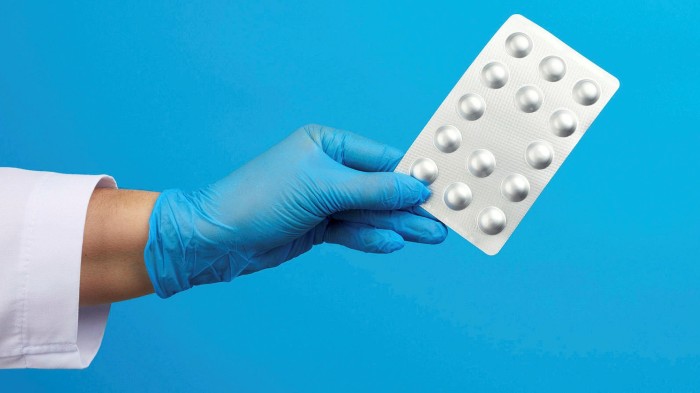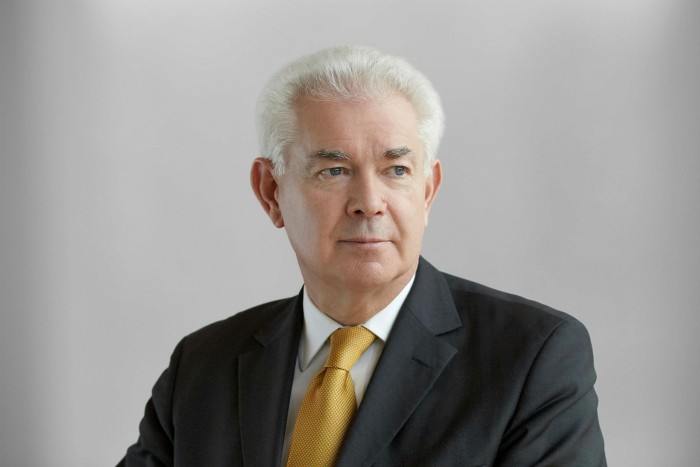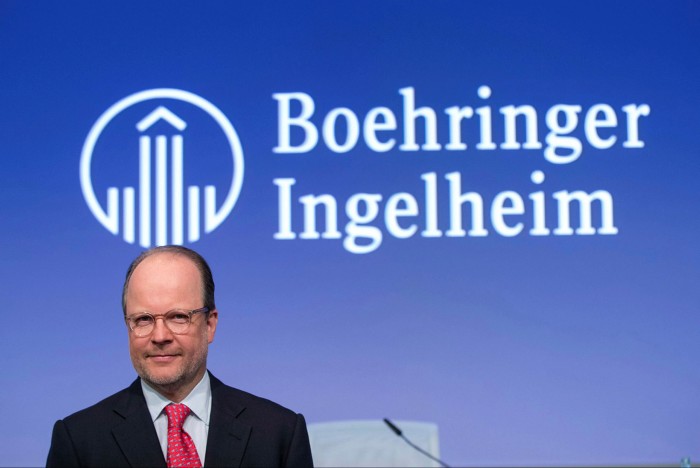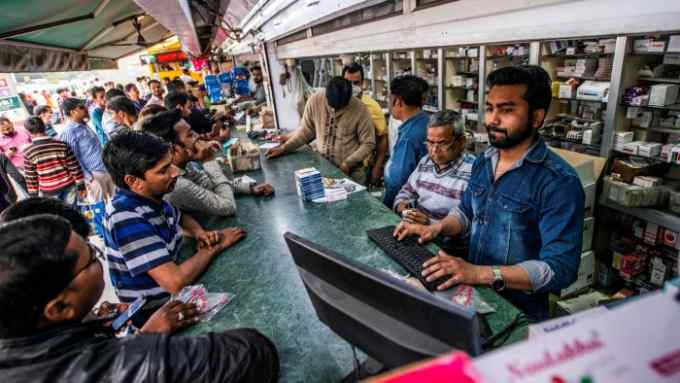Pressure grows for funding to tackle ‘silent pandemic’ of antimicrobial resistance

Roula Khalaf, Editor of the FT, selects her favourite stories in this weekly newsletter.
Half a century after he helped oversee the launch of amoxicillin, one of the world’s most widely used antibiotics, Bill Burns has come out of retirement to support an initiative to develop urgently needed replacements.
While Covid-19 has put the spotlight on the threat posed by new viruses, Burns is just as worried about the underlying “silent pandemic” of antimicrobial resistance.
As chair of the $1bn AMR Action Fund — which supports companies conducting later-stage trials of experimental drugs — he is next year set to approve the first in a series of grants to underwrite companies’ tests of experimental new antibiotics.
But the pharma industry veteran is concerned that the fund’s efforts to provide these “push incentives” will not be enough. Many pharmaceutical groups have withdrawn from the field, and several fledgling biotech companies that developed new drugs in recent years have stumbled or failed because of low revenues.
“You’ve got a broken business model,” Burns says. “Venture capital has very little interest in supporting biotech companies developing antibiotics.”
However, there is growing international momentum to develop parallel “pull incentives” provided by governments and health systems, which would provide a greater financial return for those developers whose drugs win approval.

To remain effective for as long as possible, antibiotics should be tightly targeted: made affordable for all patients who need them, but with their administration otherwise tightly limited to avoid the excessive and improper use that can drive resistance.
That requires “delinking” the reward paid to drug developers from the revenues derived directly from their sales, which has encouraged excessive prescriptions. Instead, attention is turning towards a model akin to insurance, with companies paid lump sums or “premiums” to compensate them for developing and stockpiling drugs in the hope they will be available but rarely used.
“We all agree that we need to rethink how this market works,” says Hubertus von Baumbach, head of German pharmaceutical group Boehringer Ingelheim, and chair of the European Federation of Pharmaceutical Industries and Associations. “Our systems are not geared towards acknowledging the safety net being built by these novel antibiotics. We are hung up in old systems that do not care about prevention.”

His own company has no antibiotics in development. However, its animal health division has observed the dangers of livestock developing resistance to drugs — something that then also threatens humans. It has contributed $50m towards the AMR Action Fund, matched by a similar amount from its corporate foundation. “There is no doubt that, in 10 to 15 years, AMR will be a huge burden to society,” von Baumbach says.
In the longer term, he hopes Boehringer Ingelheim can apply its expertise in immuno-oncology drugs — the science of harnessing a patient’s immune system to fight tumours — to tackling bacterial infections. But, for now, his attention is focused on efforts to boost incentives available within Germany, as well as across the EU and among the G7 group of rich industrial nations.
There is still divergence over the scale of the rewards required and the structure they should adopt. The pharmaceutical industry has advocated for “transferable exclusivity vouchers”, for example, which would authorise them to extend patent exclusivity and revenues on other medicines as a reward for developing antibiotics.
Meanwhile, recent regulatory changes in Germany — which will take over the G7 presidency next year — mean that more expensive innovative antibiotics to treat the most troubling infections should be able to win easier approval. Previous regulations prioritised the use of cheaper, existing — and sometimes less well-targeted — generic drugs.
New approaches are being tried in Sweden, too. A programme now offers a guaranteed annual lump-sum payment to antibiotic producers regardless of the quantity prescribed.
In the UK, the National Institute for Health and Care Excellence, the medicines watchdog, is set to reveal early next year results from its pilot programme offering significant additional incentives for two new antibiotics. Similarly, in the US, there is growing political support for legislation to back still larger rewards,
And, early next year, the European Commission will announce the outcome of a tender for new approaches to developing and procuring antibiotics, as well as the result of consultations on new financial incentives.
During the UK’s presidency of the G7 this year, Dame Sally Davies, the former chief medical officer, pushed for broader recognition of the importance of both AMR and new financial mechanisms to help tackle it with new drugs. She also cited essential prevention measures — from vaccine development to tightened use of existing medicines and a clamp down on counterfeits.
“We did very well in the declarations and for the first time got finance as well as health ministers engaged,” she says. “But it is proving hard. We need to get as far as we can and are still working till the last moment before we hand over to Germany. It can’t stop here — we need to build momentum to take this forward in the future.”

Comments